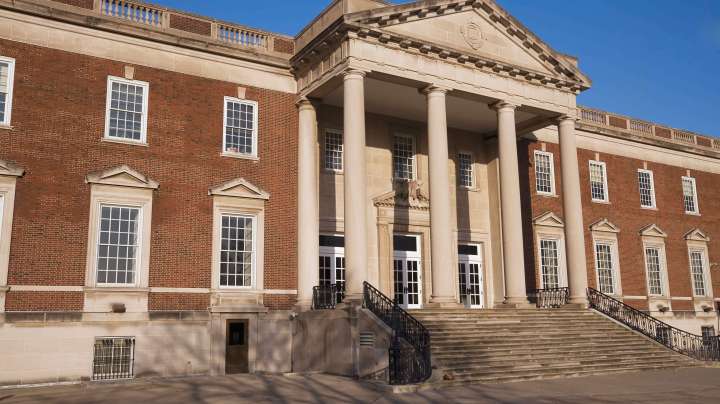Students Called out a Chicago Museum for Lack of Latino Representation. Now an Exhibit Is in the Works

Photo by stevegeer / iStock / Getty Images Plus
As its name denotes, the Chicago History Museum was founded in 1856 as a means of revisiting and displaying the city’s extensive history. According to census data, about 30% of Chicago’s population identifies as Hispanic or Latino. Yet, for decades now, the museum has failed to reflect that. A group of high school students called them out on it after a recent visit, demanding both a permanent exhibit and an apology for the oversight. According to the Chicago Sun-Times, the museum agreed to install an exhibition on the Latino experience by 2023.
The museum did so in response to the Instituto Justice and Leadership Academy students’ outrage in November. A member of the class, predominantly made up of Latino students, pulled their history teacher aside mid-visit and pointed out the discrepancy. The only thing remotely close to touching on Latinidad was a lowrider that had a Mexican flag on it.
“A child shouldn’t feel as though their culture doesn’t have a place in their city’s history,” Samira Rivera, a junior at the academy, told the Sun-Times.
John Russick, the senior vice president at the museum, said, “These students are civically engaged and asking us to do better, and we want to deliver.”

Although the new exhibit will take a few years to develop, the museum has also committed to installing smaller displays throughout existing galleries to offer more pan-Latino representation in the meantime.
To ensure this is all done well and in good faith, a committee – composed of the students and interested community members of varying creative and academic backgrounds – will be established.
“It’s more than just an exhibit,” Karina Valadez, a student who visited the museum last month, said. “We’re tired of not seeing our history represented in textbooks. We deserve to be remembered. … If we don’t know who we are, how are we supposed to know how to move forward?”
